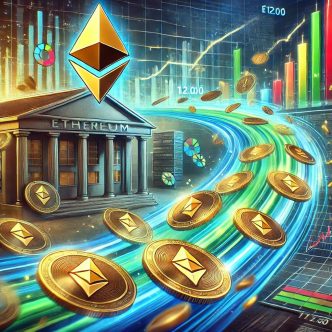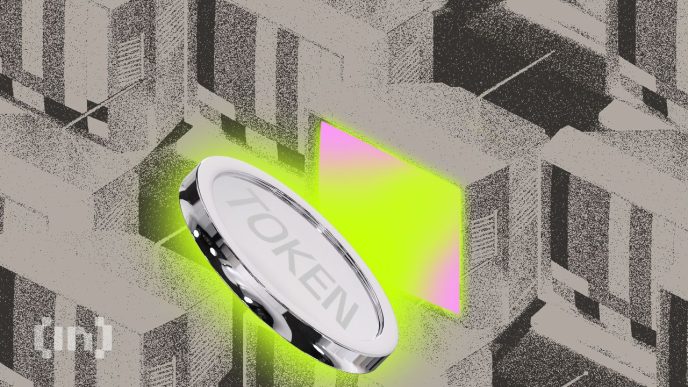The world’s leading cryptographic currency is trading over 40% higher than its average price on the eve of the November 5th US elections.
Analysts agree that this is owing in large part to the promises of the Trump campaign and its allies to ensure that the federal government is fair to the innovative new Internet industry. But it’s also a repeat of a historic pattern in Bitcoin’s 4-year market supply cycle.
Ark Invest’s Cathie Wood recently doubled down on her 2030 price target for Bitcoin. Last week, she told CNBC’s audience that if history continues to repeat itself, BTC will trade at $1 million by 2030.
The blockchain money industry says that’s good news for the economy as well as the secure layer of the Internet they’re building for financial transactions. But not everyone agrees.
Peter Schiff Casts Shade on Web3 Macro Economics
The more resources Americans misallocate to #Bitcoin and #crypto-related businesses, the fewer resources will be available to devote to making stuff we actually need. The end result will be larger trade deficits, a weaker dollar, higher inflation, and a lower standard of living.
— Peter Schiff (@PeterSchiff) November 20, 2024
Peter Schiff, founder and chief strategist of the Euro Pacific macro hedge fund, said in a post on X Wednesday that money spent on Bitcoin is a “misallocation” that will lead to inefficiencies in the economy. Schiff added that larger trade deficits, a weaker dollar, and lower GDP are the health of the Bitcoin regime.
In another post Wednesday, Schiff remarked that Bitcoin will ironically become a source of inflation, even as buyers use the cryptocurrency as a shelter from dollar inflation.
It’s ironic that many people bought #Bitcoin to hedge against inflation and a weakening dollar. Now, if the U.S. government actually buys Bitcoin, and diverts even more of our scarce resources to crypto, Bitcoin itself will become the source of more inflation and dollar weakness.
— Peter Schiff (@PeterSchiff) November 19, 2024
How Bitcoin Helps the Fed Do its Job
Schiff may be getting tangled up in the terminology of inflation. It’s a forgivable error. Bitcoin’s role in the ecosystem is so novel it’s still difficult to comprehend, even for a capable economist like the founder of the Euro Pac.
Rising business and consumer costs from low-rate dollar environments are the inflation that cryptocurrency users use Bitcoin to protect and grow their wealth. Rising BTC prices represent the dollar’s inflation and Bitcoin’s relative deflation.
(BTC is inflationary, but far less so than the dollar when the Federal Reserve cuts rates.)
So, will more investment in Bitcoin actually goose the trade deficit with China and US dollar inflation while slowing new supplies of goods and services that people use money to buy?
Every dollar sent to Bitcoin instead of overseas to China for imports actually helps balance the trade deficit. Meanwhile, it’s not Bitcoin that causes dollar inflation; the Federal Reserve increases the dollar supply to target lower borrowing costs.
Since resolving the financial crisis of 2008, the Fed has actually been terrified that the money supply isn’t keeping up with GDP. The danger of the resulting deflation is a potential debt devaluation spiral that could mire the economy into an intractable depression.
Bitcoin actually supports the central bank in this regard by locking up excess savings in a digital economy that incentivizes participants to “hodl,” not to spend their surplus earnings.
If they were spending all that crypto market cap worth of surplus value, it could drive up prices, ceterus paribus, and make life harder for fixed-income households to manage.
Binance Free $600 (CryptoPotato Exclusive): Use this link to register a new account and receive $600 exclusive welcome offer on Binance (full details).
LIMITED OFFER for CryptoPotato readers at Bybit: Use this link to register and open a $500 FREE position on any coin!
Source link
W. E. Messamore
https://cryptopotato.com/why-peter-schiff-is-wrong-about-bitcoin-and-inflation-opinion/
2024-11-24 14:02:41














